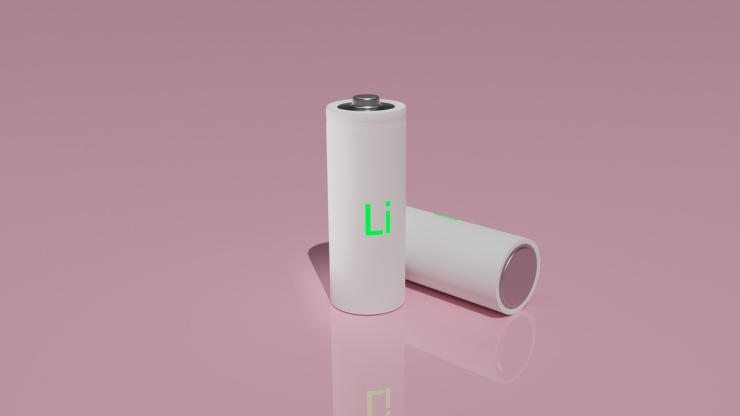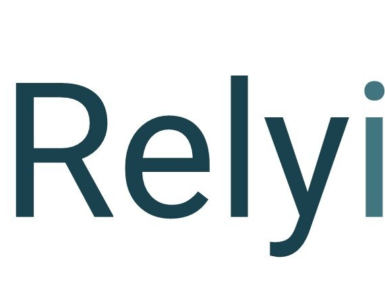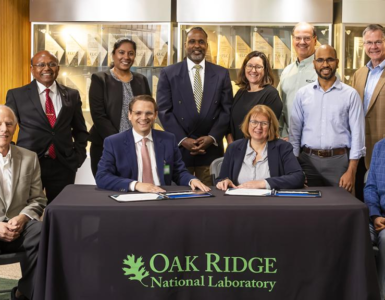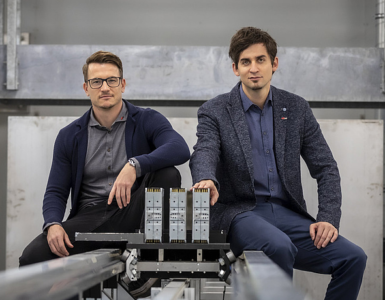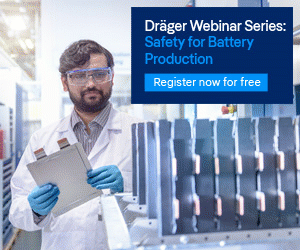Research On Battery Recycling – Secondary Raw Materials From LFP Cells And Direct LFP Recycling – EAS Batteries.
Nine research partners are developing and comparing processes for the recovery of the active material lithium iron phosphate (LFP) for the first time – both in direct recycling of the entire cathode material and in the recycling of its individual raw materials. The aim of the research project is to develop economically attractive processes for the renewed use of sustainable cell chemistry and its components in battery production. The “DiLiRec” research project has a total volume of 4.7 million euros. It is supported by the Federal Ministry of Education and Research (BMBF) with around 2.7 million euros as part of the funding measure “Increasing efficiency and use of synergy effects in battery cell production for electromobility (SynBatt)” (funding code: 03XP0549 ). It runs for three years and ends in November 2026. EAS Batteries is coordinating the recycling project.
Sustainable raw materials for the energy transition
The recycling of lithium-ion batteries and their production waste is an essential factor for future raw material extraction.
🔥 What about we co-host a webinar? Let's educate, captivate, and convert the battery economy!
Batteries News is the global go-to online magazine for the battery industry, we can help you host impactful webinars that become a global reference on your topic and are an evergreen source of leads. Click here to request more details
Michael Deutmeyer, Managing Director of EAS Batteries, said:
Putting used lithium-ion batteries back into circulation is a basic requirement for the further growth of electromobility.
“We need a sustainable supply of raw materials – also to meet the upcoming requirements of the EU Battery Regulation to fulfill.”
The “DiLiRec” research network focuses on optimized battery cell sorting and dismantling as well as the stripping of the electrodes in order to enable efficient battery recycling. The separation of the so-called active mass is supported by automated and digitalized processes. In particular the LFP cathodes of large-format round cells, such as the from EAS, offer a high recycling potential. The cells can be completely processed and their components can be separated according to type.
Lukas Brandl , COO of BLC:
If the project is successfully implemented, the results can be incorporated directly into the construction of German and European recycling capacities. This reduces raw material and product dependencies.
“By expanding recycling technologies, Germany will be strengthened as a production location and the efficiency in the use of raw materials will be increased.”
Sustainable processes for LFP recycling
The “DiLiRec” research network is investigating two methods for recovering the cathode material lithium iron phosphate (LFP) from cylindrical cells. In direct recycling, it aims to completely recover the LFP as active material and reuse it in a prepared form. In the standard recycling process, precursors of LFP synthesis are to be isolated They then serve as secondary raw materials. The research partners develop and compare two process routes for each method: a wet-mechanical and a dry-mechanical stripping process of the electrodes. By systematically recording material and process data during the individual recycling steps, the prerequisites for a sustainable and cost-effective LFP recycling can be created. Artificial intelligence (AI) controls the semantic data collection and supports the entire design of the process chain in the sense of competitiveness.
Sebastian Hippmann, research associate for recycling and green batteries at Fraunhofer IKTS, said:
In contrast to other battery cell chemistries such as NCM and NCA, potentially less complex and less complex methods can be used to recover lithium from LFP “less energy-intensive hydrometallurgical steps can be used.
“In addition, direct recycling of LFP is promising due to its material properties.”About EAS Batteries GmbH
Research partners:
BLC – The Battery Lifecycle Company GmbH
EAS Batteries GmbH (project coordinator)
EDI GmbH – Engineering Data Intelligence
FNE Disposal Services Freiberg GmbH
Fraunhofer Institute for Ceramic Technologies and Systems IKTS
IBU-tec advanced materials AG (associated partner)
Omron Electronics GmbH
REELEMENTS GmbH
TU Bergakademie Freiberg
READ the latest Batteries News shaping the battery market
Research On Battery Recycling – Secondary Raw Materials From LFP Cells And Direct LFP Recycling – EAS Batteries. source

